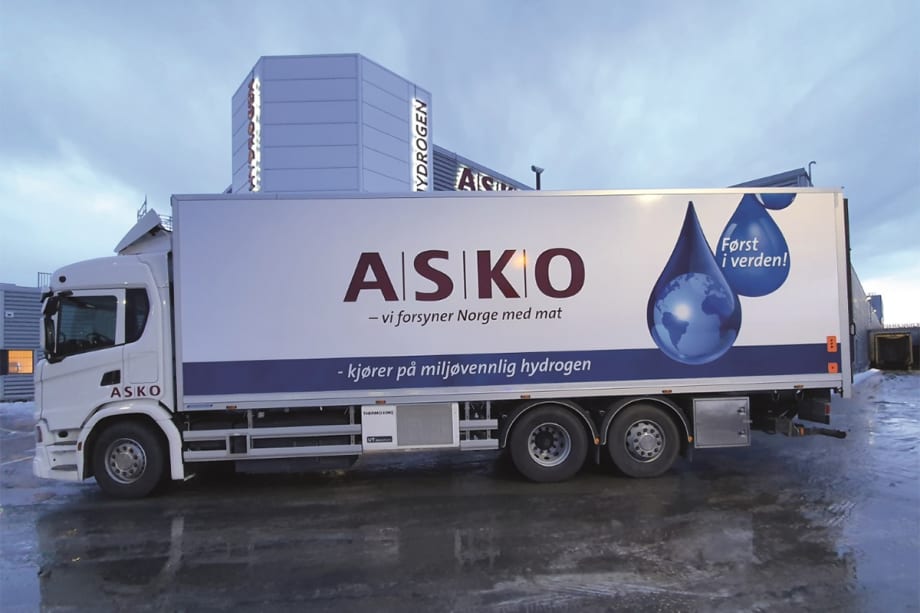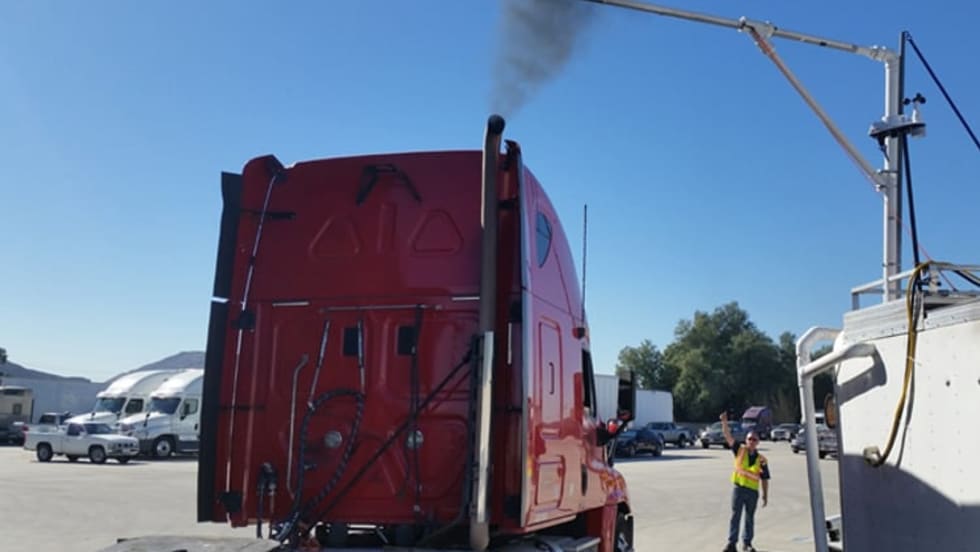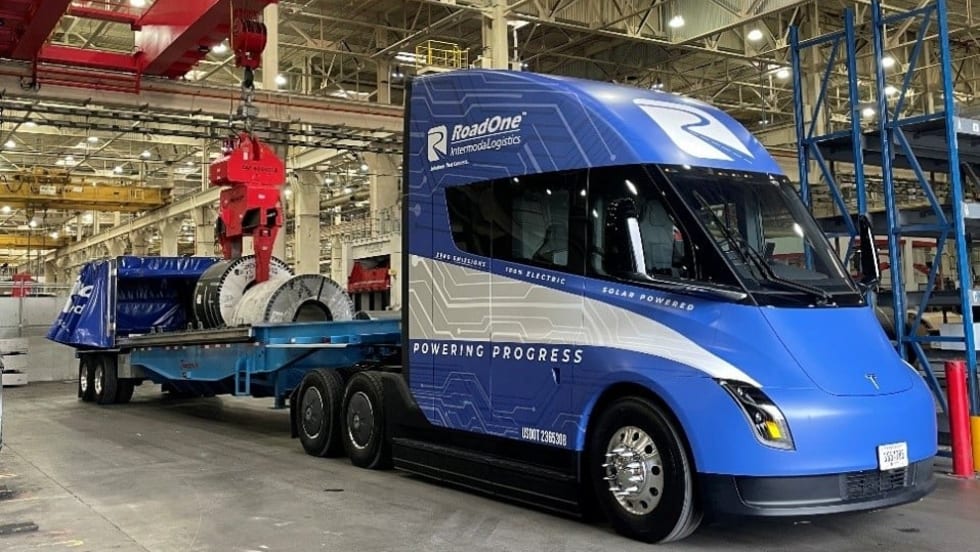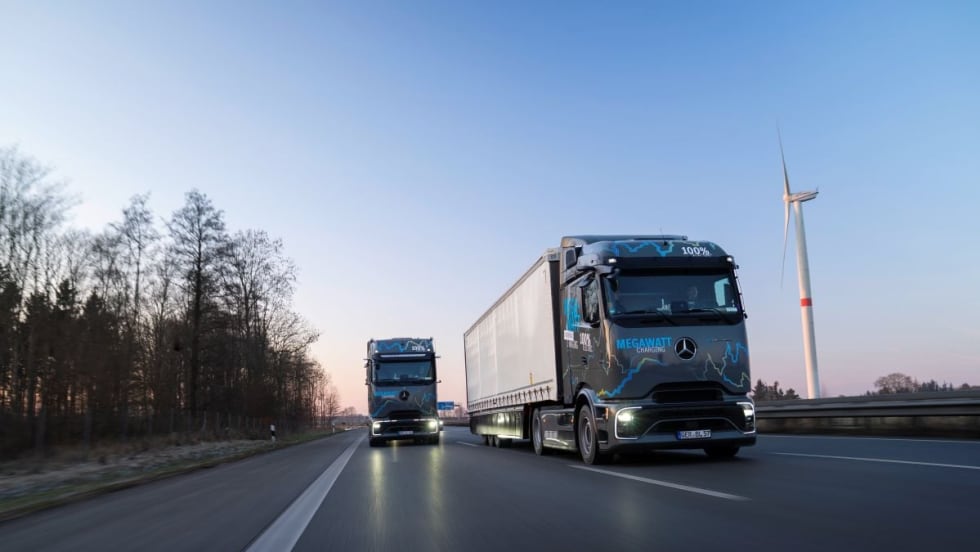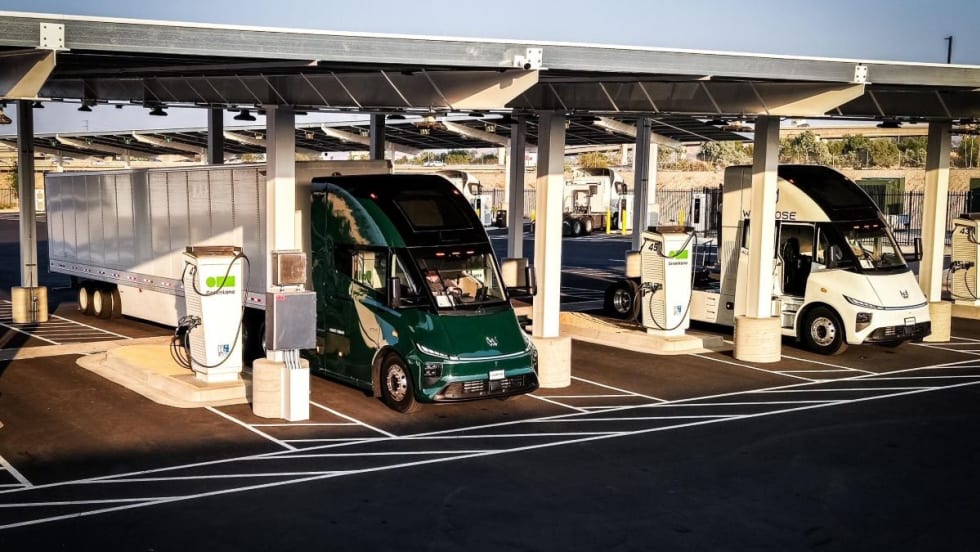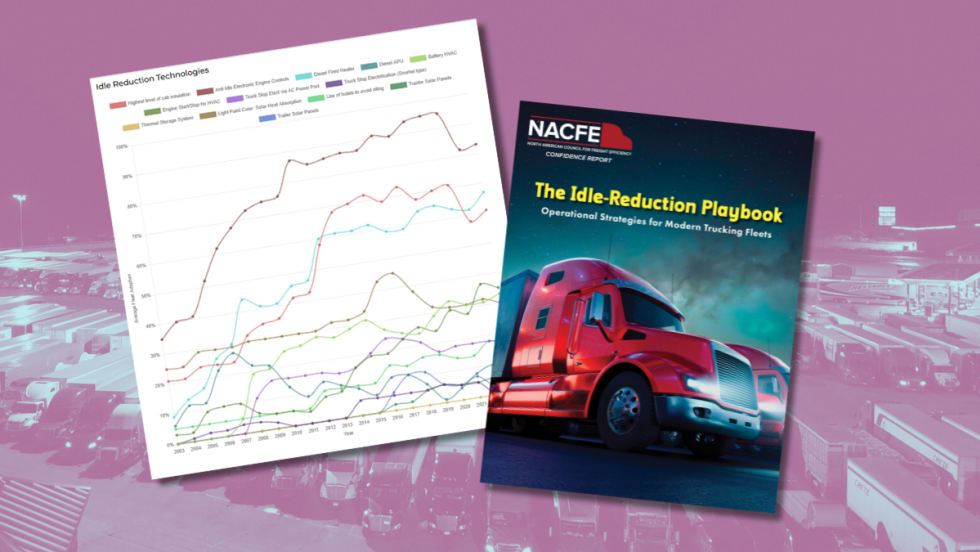ASKO, Norway’s largest grocery wholesaler, is going a little greener with the help of four electric Scania trucks powered by Cummins’ hydrogen fuel cell modules. The pilot is taking place in Trondheim, Norway, and is focused on resource efficiency, low emissions and sustainable development for the company’s extensive distribution network.
This integration is supported by Cummins’ new HyPM HD Fuel Cell Power Modules line-up, which has been made easier by the acquisition of Hydrogenics, a developer and manufacturer of hydrogen generation and fuel cell products.
“Our fuel cell power modules are well suited to address Norway’s climate and terrain conditions, and we look forward to obtaining valuable insights from their performance as part of ASKO’s fleet,” said Amy Adams, vice president of fuel cell and hydrogen technologies at Cummins.
ASKO began exploring alternative fuel and powertrain solutions for its truck fleet in 2017, ultimately settling on hydrogen, which stood out as an appealing zero-emissions option for long-haul electrified transport that worked well in colder climates. The 27-ton trucks’ internal combustion engines have been replaced with an electric engine, which is powered by fuel cells fed with hydrogen and managed with rechargeable batteries. The system provides the trucks with approximately 250 miles on a single 90 KW High Density Fuel Cell Power Module.
“We are happy to have the most competent partners contracted for this project, including Scania for the electric truck, and Cummins/Hydrogenics for the integrated fuel cell and tank system,” said Jørn Arvid Endresen, CEO of ASKO Mid Norway, in a press release.
This pilot is the first of its kind for ASKO and will serve as the basis for further learning and development for the fleet and operations. In addition, it is putting ASKO on the path to reducing energy consumption by 20% and becoming a self-sufficient provider of clean energy with the goal of using 100% renewable fuel.




